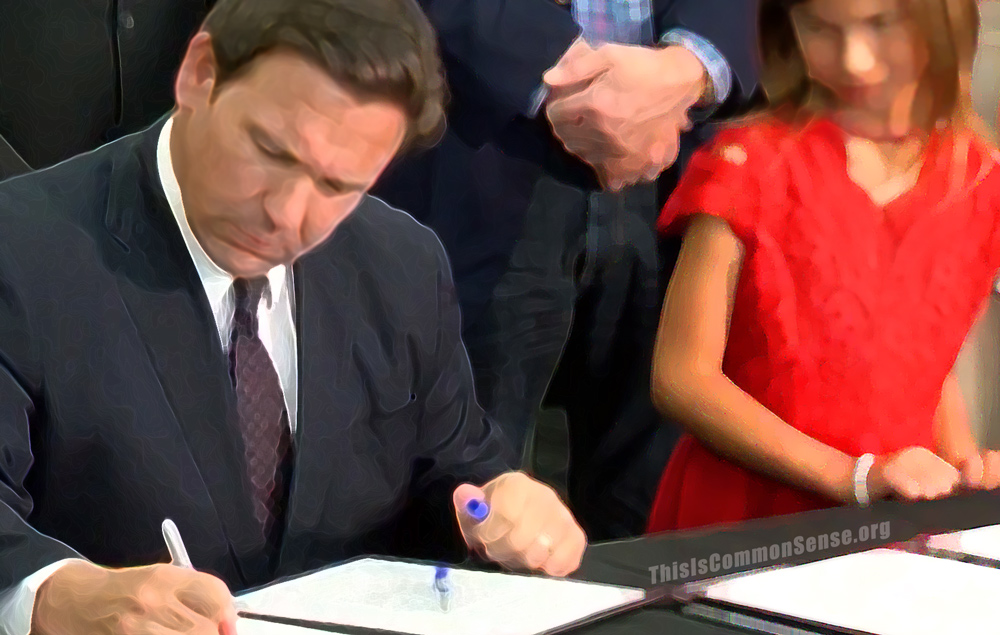It is “like bringing a bazooka to a sword fight,” complains an anonymous long-serving Democratic congressional aide.
“Democratic leaders are hammering Republicans,” Mike Lillis explains in The Hill.
At issue? The House Republican caucus is “considering term limits,” Punchbowl News was first to report, “on committee leaders of both parties if the GOP flips control of the House next year.”
Republicans, since taking Congress back in the 1994 term limits wave, have mostly imposed a three-term limit on committee chairmanships, when in the majority, and on a committee’s ranking opposition member, when in the opposition. What may be different in the next Congress is that Republicans are looking to impose term-limits on committee leaders of both parties.
Democrats, too. By House rule.
Though Democratic Party bigwigs won’t like it . . . especially current committee chairs who would get the heave-ho next year, such as Representatives Frank Pallone (D-N.J.) now in his 34th year in Congress; Bobby Scott (D-Va.), in his 30th year; Adam Smith (D-Wash.) in his 26th year; Bennie Thompson (D-Miss.), in his 26th year; and Maxine Waters (D-Calif.), in her 32nd year.*
Some younger congressional Democrats, on the other hand, see term limits . . . as an opportunity.
“High functioning organizations become so by building strong benches and limiting the tenure of leaders,” tweeted Rep. Dean Phillips (D-Minn.), now in his 4th year. “No matter which party controls Congress in ’23, we should adopt term limits for committee chairs & get serious about developing a new generation of leaders.”
Lillis calls it “a recurring predicament for Democratic leaders.”
But no fuss at all for the rest of us: we’re for term limits. On committee leadership as well as Congress membership.
This is Common Sense. I’m Paul Jacob.
* Even without this change, these Democrats would lose their chairmanships in the next Congress, should the GOP gain a majority in this November’s elections. But with this change they would also be denied the position of ranking member and thus would lose their hold on the chairmanship if Democrats won back the majority in 2024.
—
See all recent commentary
(simplified and organized)





